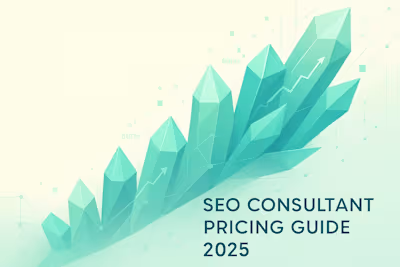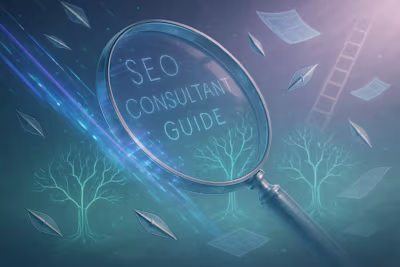How to Write a Winning Project Brief to Attract Top SEO Talent

How to Write a Winning Project Brief to Attract Top SEO Talent
Why a Detailed Project Brief Matters
Setting Clear Expectations from the Start
Attracting Higher Quality Candidates
Streamlining the Hiring Process
Key Components of an Effective SEO Brief
Company Background and Introduction
Project Goals and Objectives
Target Audience
Scope of Work and Deliverables
Key Performance Indicators (KPIs)
Budget and Timeline
Existing Tools and Access
Project Brief Template and Example
Downloadable Brief Template
Example Brief for an E-commerce Business
What to Do After Writing the Brief
Posting on Professional Networks
Reviewing Proposals
References
How to Write a Winning Project Brief to Attract Top SEO Talent
Why a Detailed Project Brief Matters
Setting Clear Expectations from the Start
Attracting Higher Quality Candidates
Streamlining the Hiring Process
Key Components of an Effective SEO Brief
Company Background and Introduction
Project Goals and Objectives
Target Audience
Scope of Work and Deliverables
Key Performance Indicators (KPIs)
Budget and Timeline
Existing Tools and Access
Project Brief Template and Example
Downloadable Brief Template
Example Brief for an E-commerce Business
What to Do After Writing the Brief
Posting on Professional Networks
Reviewing Proposals
References
Posted Jun 15, 2025
Need to hire an SEO consultant? A great project brief is key. Learn how to write a clear, effective brief that outlines your goals, scope, and KPIs to attract the best professionals.










